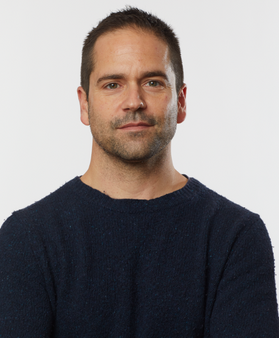From the legendary Walter Cronkite to modern names like Lester Holt, broadcast journalism has a long and storied tradition of investigating, uncovering, and disseminating information to the public. Though the methods have changed over the years, branching out to the web, podcasts, documentaries, social media, and more, the key tenets of journalism – to inform, educate, and illuminate – have remained steadfast elements of that tradition.
Whether it’s breaking news or documentary filmmaking, Fred Silverman, Broadcast Journalism Chair at NYFA’s New York campus, has experience with all of it – and now he’s passing that experience on to the next generation to ensure the tradition continues.
NYFA Broadcast Journalism Chair, Fred Silverman
Fred has produced television in 34 states and ten different countries. He spent five years creating original programming for Miami’s NBC affiliate, WTVJ. For ten years, he worked at Miami’s WSVN, crafting original programming, news series, special event coverage, and daily newscasts. Before coming to NYFA, he was the Chief Creative Officer of Animus Entertainment, which primarily focused on health and wellness programming and consulting with international programming companies. He’s worked on programs that can be seen on A&E, Discovery, Fox, History, Travel, CBS, and more.
We spoke to him about his beginnings in journalism, the most interesting stories he’s covered, and why it’s important to treat students as journalists – rather than just people learning about journalism.
NYFA: How did you first get interested in journalism?
FS: When I was a kid, I would devour the information in the newspaper sports section every morning. I couldn’t get enough. As a high school student, I realized my state school, the University of Missouri, had one of the best journalism schools in the country. So, I went there to become a sports journalist. I wanted to be a sportscaster. While in the program, it quickly became apparent that I could find out information and tell people about it. In my mind, I was pursuing the truth and things people wanted to know.
NYFA: What have been your favorite projects/productions to work on to date?
FS: I have been very fortunate in the television industry, producing segments and shows in 34 states and ten countries. I’ve covered presidential campaigns and space shuttle launches, produced the first underwater live report, documented American students on a trip to the Soviet Union, and been able to learn a little bit about a lot of different things. I have two favorite projects. After Midnight was a series for the Discovery Network about what happens in a city after midnight. I learned all sorts of things about people who work overnight. Very cool. Transplant was a documentary for A&E about a team of doctors doing transplants of all kinds at a hospital in Miami. That was intense, and I got to witness all of it.
NYFA: Tell us about your time at NYFA.
FS: I have been an instructor at NYFA for more than four years. I’ve been lucky enough to work with terrific instructors, and we’ve been able to instill the important skills that every journalist needs, whether for a news station, social media, website or just about any platform. It is so gratifying to work with students and suddenly see ‘the light bulb’ go off, and they become capable content creators.
READ MORE: New York Film Academy (NYFA) Teaches Journalism Workshop in Nur-Sultan, Kazakhstan
NYFA: What are your favorite courses to teach?
FS: I teach Broadcast Journalism, but within that, I really love teaching students how to research, write and perform on a podcast. I find that having them learn the importance of gathering quality audio to tell a story helps students with their video storytelling, too.
NYFA: How would your students describe your teaching style/methods?
FS: Laid back, yet offering a gentle push to keep them engaged and motivated. As the year goes on, I begin to treat them like broadcast professionals and expect them to take charge of their journalism careers.
NYFA: What are your favorite aspects of the broadcast journalism community in NYC?
FS: The broadcast journalism community in New York is still really driven by the big three networks – ABC, CBS, and NBC, but the great thing is you can encounter journalists from across the spectrum – from Buzzfeed to Vice and everything in between.
NYFA: Who do you believe have been some of the most significant journalists to date?
FS: There’s no question that Walter Cronkite is still considered the father of broadcast journalism but what’s great about this time is it’s easy to find great journalism in a lot of places across the web. There are terrific podcasts and print journalists who do great reporting. I love Steve Hartman at CBS News, who is a master at connecting an audience to just about any story. Jonathan Dickerson, also at CBS, is a masterful interviewer.
READ MORE: New York Film Academy (NYFA) Documentary Alum Kendall Ciesemier Talks Activism, Social Causes
NYFA: What are some of your favorite stories/features?
FS: I like finding simple stories that elicit an emotional connection…that make the viewer feel something. One of my favorite stories was part of the Transplant documentary for A&E. We were there when a patient got the call that an organ had been found for her liver transplant. It was quite a moment to witness. And, I love stories about how things work…everyday stuff all around us that viewers may not have ever considered. I pitched a series of stories once on the top items for which the U.S. led the world. At the time, it was like breakfast cereals, diapers, supercomputers, and nails. What a list…right?
NYFA: What advice would you give a prospective student looking to get started in journalism?
FS: The skills we teach at NYFA are what every journalist learns to do – how to find information, how to verify, and how to write and produce information that engages an audience. What makes an NYFA education special is that, from day one, you’re actually doing it. Learning how to shoot quality video, how to write an interesting script, and how to edit it. Every student in the 1-year version of our program will get a chance to make podcasts, learn how to anchor in a studio, and produce a newscast. I’ve always thought that every storyteller and communicator needs to understand the skills that are important to working in a newsroom. That will make them better able to process information, make informed decisions about what every story means and be able to communicate that to a given audience.
Get Started in Broadcast Journalism at NYFA
Want to learn how to tell your own breaking stories? Check out our broadcast journalism certificates and workshops!





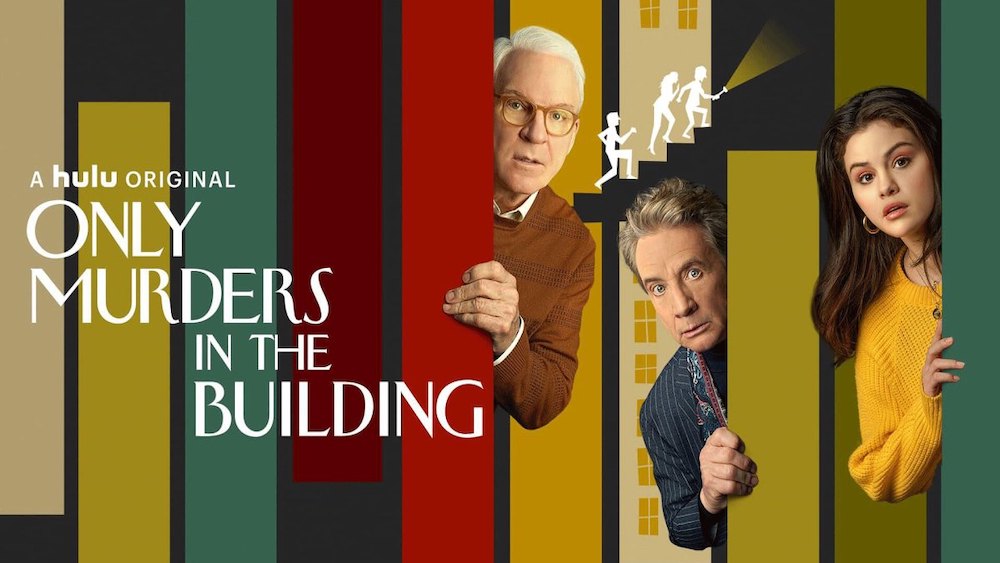
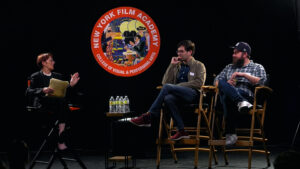


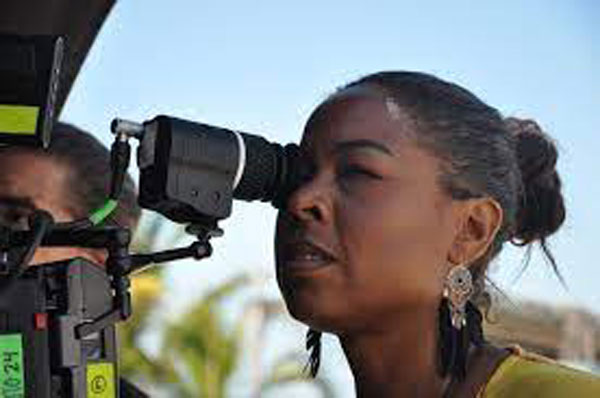

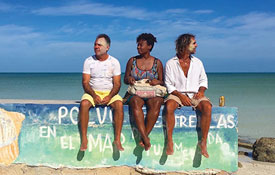





 NYFA alum Nathan Hale is an award-winning filmmaker, best-selling author and entertainment attorney. Hale is a two-time NAACP Image Award® nominee, the recipient of the Thurgood Marshall Prestige Award for Excellence; and his film,
NYFA alum Nathan Hale is an award-winning filmmaker, best-selling author and entertainment attorney. Hale is a two-time NAACP Image Award® nominee, the recipient of the Thurgood Marshall Prestige Award for Excellence; and his film, 
